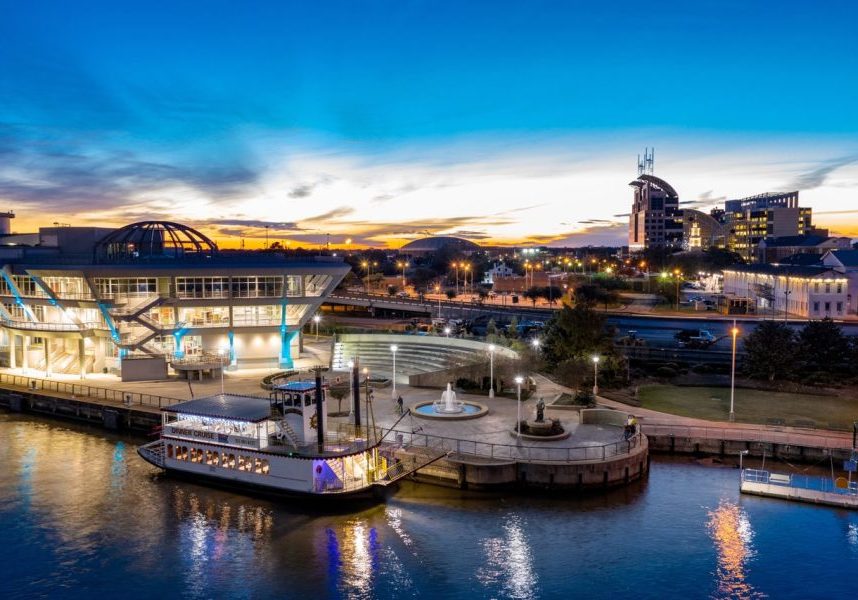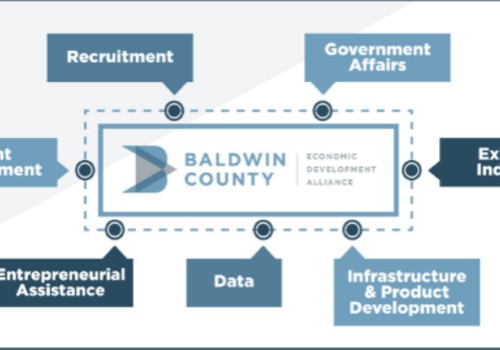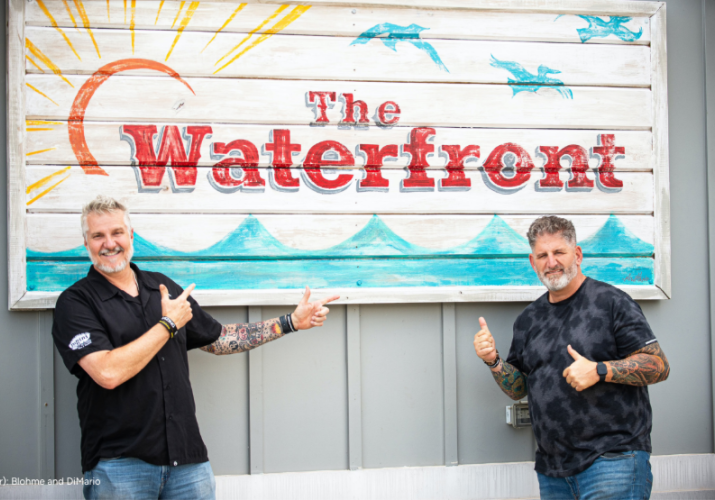What Does Admiralty or Maritime Law Mean?

by Desmond V. Tobias
Admiralty is the great body of law derived from statutes and case law that regulates the activity of carrying cargo and passengers over water. In a more limited sense, admiralty or maritime law defines those rules that govern contract, tort and worker compensation law arising out of travel on or over water. Admiralty or maritime law is one of the world’s oldest bodies of law, arising from the important role that maritime transportation has played since the beginning of human civilization. The resolution of disputes regarding maritime transportation of goods among different countries presented jurisdictional and procedural issues not shared by controversies involving less transient parties. As a result, seafaring societies began establishing special courts that developed unique rules to address the circumstances presented by maritime commerce. Ultimately, these rules became uniform among seafaring nations. The law of admiralty and its special courts, designed to resolve disputes having a maritime nexus, started in the Mediterranean, made its way to Europe and England, then became part of American law via the U.S. Constitution, statutory law and case law. This body of law, the maritime law and law of admiralty, is applied every day by Courts on the Gulf Coast to situations that occur frequently on our local waters.
The general maritime law or admiralty law, as opposed to state and local law, generally applies when a case has a sufficient relation to a “vessel” on a “navigable” waterway. Congress has defined “vessel” as including “every description of watercraft or other artificial contrivance used, or capable of being used, as a means of transportation on water.” 1 USC§3. A “navigable” waterway is generally a body of water capable of supporting transportation that can also access the sea. Thus, these broad parameters dictate that admiralty jurisdiction is applicable to matters as disparate as a collision between huge cargo ships at sea or an accident involving a jet ski on a local river.
The law of admiralty provides the worker compensation scheme for maritime workers onboard vessels considered to be “seamen.” A “seaman” is generally defined as the “master or member of the crew of a vessel” and a seaman suffering injury or death in the service of a vessel has three important remedies against his employer: (1) maintenance and cure (medical benefits); (2) an action for unseaworthiness of the vessel; and (3) a cause of action for negligence under the federal Jones Act. All three remedies are unique to an injured seaman, and no other worker in our society can invoke such powerful relief in the event of an accident.
Different sets of rules apply to non-seamen maritime workers known as longshoremen. Land-based maritime workers, such as stevedores and shipbuilders, are not considered seamen in the service of a vessel and, instead, are subject to the federal Longshore and Harbor Workers Compensation Act (“LHWCA”) statute, which awards no-fault medical and compensation benefits when the injury occurs on the navigable waters of the U.S., including any adjoining, pier, wharf, dry dock, terminal or other adjoining area customarily used by an employer in loading, unloading, repairing, dismantling or building a vessel. Injured longshoremen are subject to the unique laws applicable under the LHWCA.
The Gulf Coast, with its busy ports and network of waterways, is no stranger to maritime activity. Admiralty or maritime law can apply to any of us injured by a vessel, whether at work or in recreational circumstances.

Desmond Tobias has been practicing law for more than 30 years. He is a partner at Tobias & Comer Law, a Mobile-based personal injury law firm with significant experience in the area of maritime personal injury law, including representation of severely injured seamen and longshoremen. Since 1995, Tobias’ practice has focused solely on the representation of injured victims. During his career, he has tried more than 100 civil bench and jury trials. You can hear Tobias on FM Talk 106.5 Radio for the Law 251 Podcast or find it on your favorite podcast platform. Learn more at tobiascomerlaw.com.
Read More
Subscribe to our weekly newsletter
Sign up here for free to get Bay Business News email newsletter every Friday.
By subscribing, you agree to our User Agreement and Privacy Policy & Cookie Statement.











